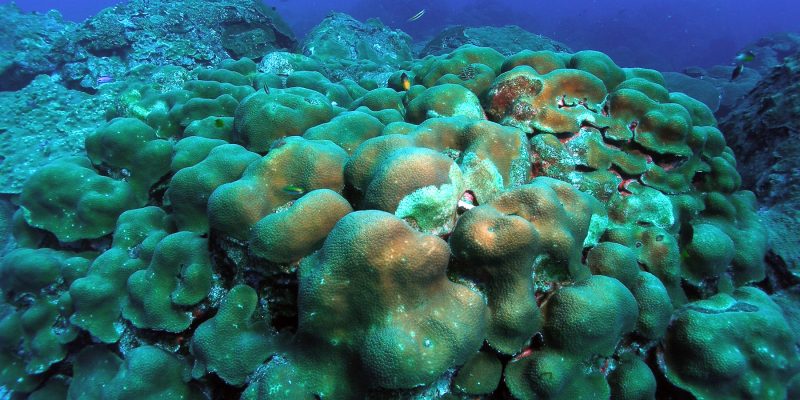HudsonAlpha’s faculty investigators, Jeremy Schmutz and Jane Grimwood, PhD, are part of an international team of researchers who have concluded that one group coral could adapt to future climate changes because of their high genetic diversity. Schmutz and Grimwood, who are co-directors of the HudsonAlpha Genome Sequencing Center, performed the coral sequencing, helped with directions for the genome work and completed test assemblies of the data sets.
The work was led by researchers at the Smithsonian Tropical Research Institute (STRI) in Panama, the Smithsonian’s National Museum of Natural History and Penn State University.
“Corals are extremely ecologically and economically important, so understanding how their populations responded to environmental change historically is crucial for current conservation efforts,” said Mónica Medina, a senior author of the research. Medina is a research associate at STRI and the Smithsonian’s National Museum of Natural History and an associate professor of biology at Penn State. “Our study of living corals confirms fossil evidence that suggested that coral populations can recover after environmental disasters and further suggests that current reef deterioration can be reversed if environmental stresses can be reduced.”
The research was published online November 17 in Current Biology. Learn more about the project and the authors’ conclusions on the Penn State website.


